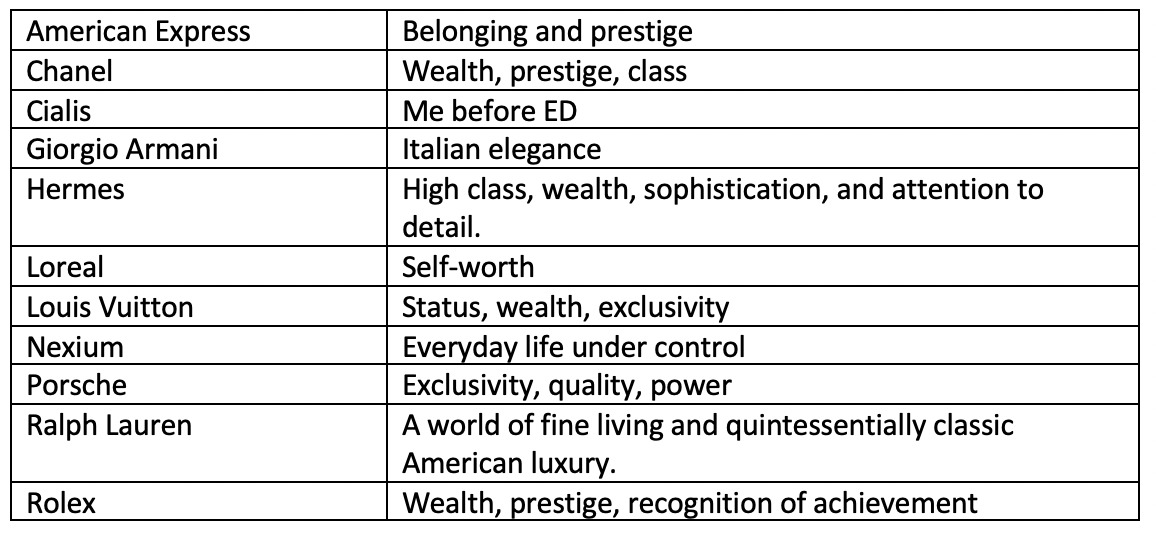This Is Me
The previous brand strategy we discussed, Power Brands, create “product-as-hero” messages and events, and focus on the superiority of the product’s performance. This post discusses Identity Brands, which build strong relationships by celebrating the user. These brands build relationships by reinforcing who their customers believe they truly are and offering membership to “join” an exclusive group or club, to which not everyone can belong. Brands that follow Identity Brand strategies provide emotional benefits of self-expression, self-worth, and validation.
Mirror, Mirror on the Wall
Their communications are anchored in lifestyle and always convey a sense of exclusivity; they’re positioned as not for everyone, (just people like you). By promoting a sense of belonging to a distinct community of like-minded individuals, Identity Brands offer a sense of where one fits in a group-defined world.
Identity Brand communications create metaphorical two-way mirrors, through which the user’s (usually more flattering) ideal self is reflected. This strategy typically involves the use of individuals (spokespeople or role-models) to whom users can aspire in terms of behavior, look or style. Communications typically feature archetype, or “ideal-state” imagery brought to life through events, online experiences, and merchandising.
Authenticity Never Goes Out of Style
While product evolution is vital for success, Identity Brands always remain true to their original attitudes. They define quality as being authentic and act as the guardians of original standards of excellence. Levi’s Jeans originally symbolized the rebelliousness of America’s youth, so as their customers aged, they stayed with them by introducing a line of stretch denim.
Identity Brands, also known as “badge brands,” provide their customers the chance to show the world who they really are by usurping the brand equities similar to their own values. They therefore rely heavily on the prominent integration of symbols and logos that double as “identifiers.” Consider how powerfully Chanel’s interlocking C’s, Pepsi’s stylized globe or American Express’ proud centurion telegraph something very specific about the person you’re observing.
The Power of Knowing Who You Are
Identity Brands tell us who we believe we truly are (or who we would like to become) – and broadcast that to others. They give us confidence, self-expression and self-importance – all with a quite visible logo or ornament that we wear with pride – on our chests, our arms, or even our underwear. Never underestimate the power of an emotional badge.

